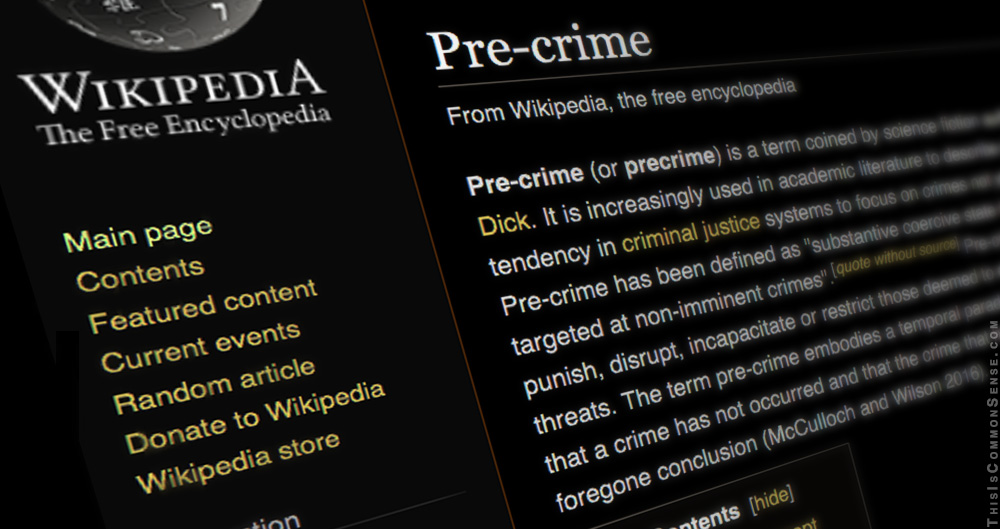“I need to make this count,” wrote a young man in Everett, Washington.
Unfortunately, it looks like he wasn’t attempting a big career-oriented project. He was planning a mass shooting.
“I need to get the biggest fatality number I possibly can,” is one of many damning journal passages the police have made public. Apparently he had settled on attacking the high school he attended. “I’ve been reviewing many mass shootings/bombings (and attempted bombings) I’m learning from past shooters/bombers mistakes.”
Ambition and rigor: missapplied.
Fortunately, his grandmother read his journal and discovered a rifle in his guitar case. She turned him into the police the Tuesday before the Florida shooting I wrote about last week. And maybe just in time.
Meanwhile, last week’s Parkland, Florida, shooting dominates the headlines. Fellow students and neighbors of the Florida shooting victims have ramped up their condemnations and demands — including at a horrorshow “town hall” on CNN.
Yet the nature of the difficulties in preventing such atrocities has become lost in the rhetoric and anger.*
In a free society, we cannot arrest people before they commit a crime. In the Everett case, officials were “lucky”: despite the young man’s lack of a criminal record, they were able to charge him with a burglary they allege he committed the day before arrest — and his extensive planning notes are being taken as evidence for intent. He’s also been charged with attempted murder.
We should be in inquiry mode, right now. It could be helpful to know the exact motivations for both the Florida shooter and the Everett wannabe — and similar cases.
This is Common Sense. I’m Paul Jacob.
* Law enforcement is tasked with uncovering spree shooting plots today — and to protect, too. But the armed, uniformed school resource officer at the Parkland high school failed to protect. He heard the gunshots but never entered the building, while the shooter killed 17 innocents.


4 replies on “He Applied Himself”
Has anyone noticed that none of these school shootings occur in inner city high crime areas? Those kids have plenty of problems, too. I have a pal who is a cop. He says that it is probably because potential shooters realize that they won’t be the only ones who are armed.
People have owned and carried guns in this country since the first settlers landed. We’ve only had “gun control” since 1934, and mass shootings since 1966. While guns have modernized along with everything else, their essential purpose has not changed.
What has changed is the moral and spiritual culture of our populace. Simply put: it has become – and increasingly continues to become – more debased.
“In a free society, we cannot arrest people before they commit a crime. ”
Then what is the point of the directive: if you see something, say something.
Surely the grandmother’s information and her statements about what she found, along with the material evidence (his journal), provide some measure of probable cause that this was an intended action and not a bad mystery novel plot.
He may have acted alone but aren’t there also laws that let police bring him in for questioning?
If we have to wait for the shooting to start before something can be done, then let’s stop pretending that we can be proactive and take preventive action. We have to wait for blood to flow or for bombs to go off? Makes no sense.
Thanks all for great points.
Pat, you are correct, that which you describe makes no sense. My point is that we must guard the principle that until a crime is committed, one cannot be punished. There is no cause for shortcutting due process or undermining basic rights.
However, it is due process for a person with the facts that were known about this soon-to-be-killer, which you point out were solid probable cause, to be brought in for questioning and a criminal case considered. I’m not an attorney, but planning to commit a crime is conspiracy, which is a crime in many cases and should be in precisely these cases.
Police can and should arrest a person attempting to commit a crime — preferably before their are victims. Attempting to commit a crime is a crime. As in the Everett case I referenced, he is being prosecuted for attempted murder.
We need to stick to core principles when shaken to the core like this.